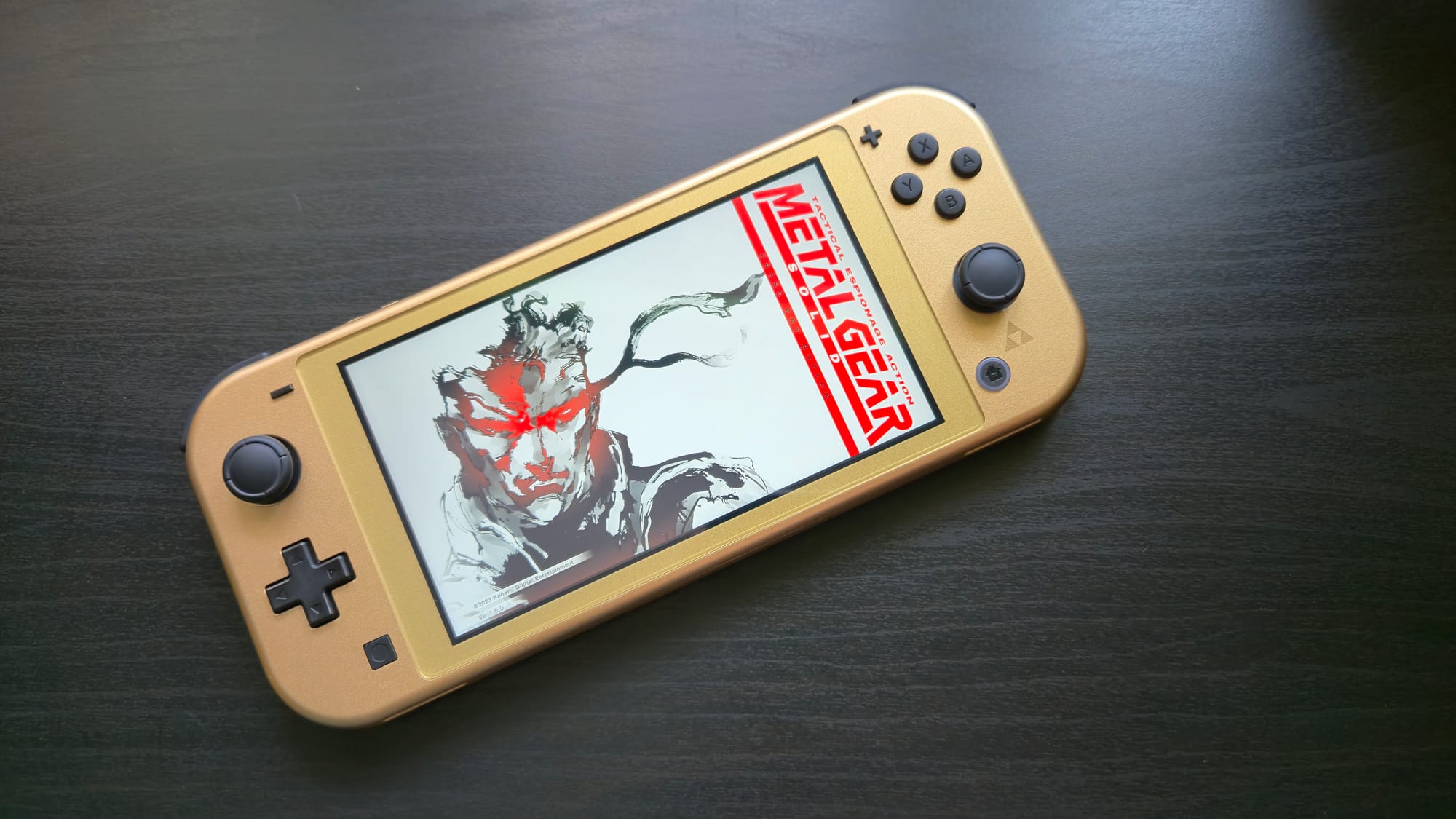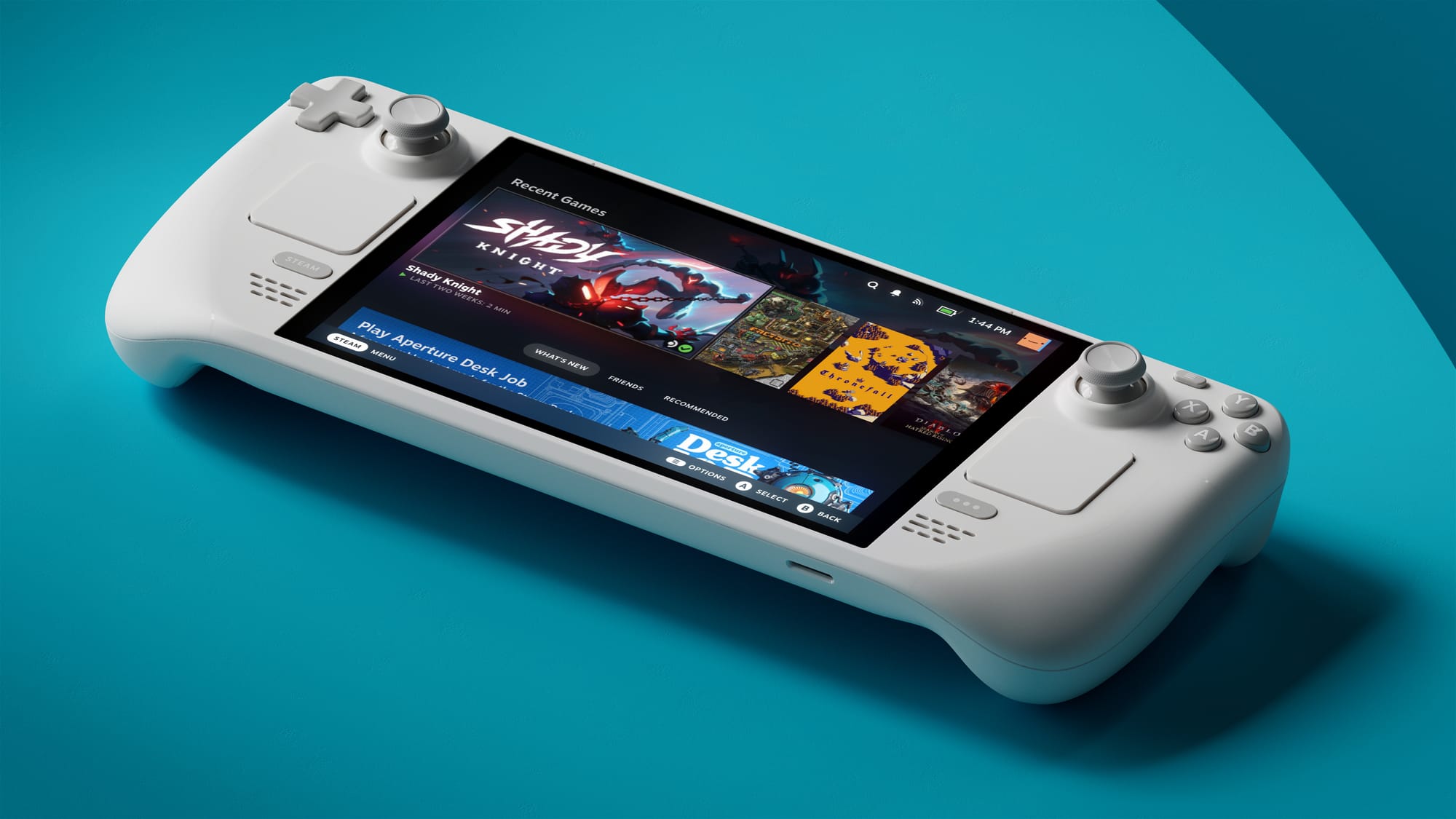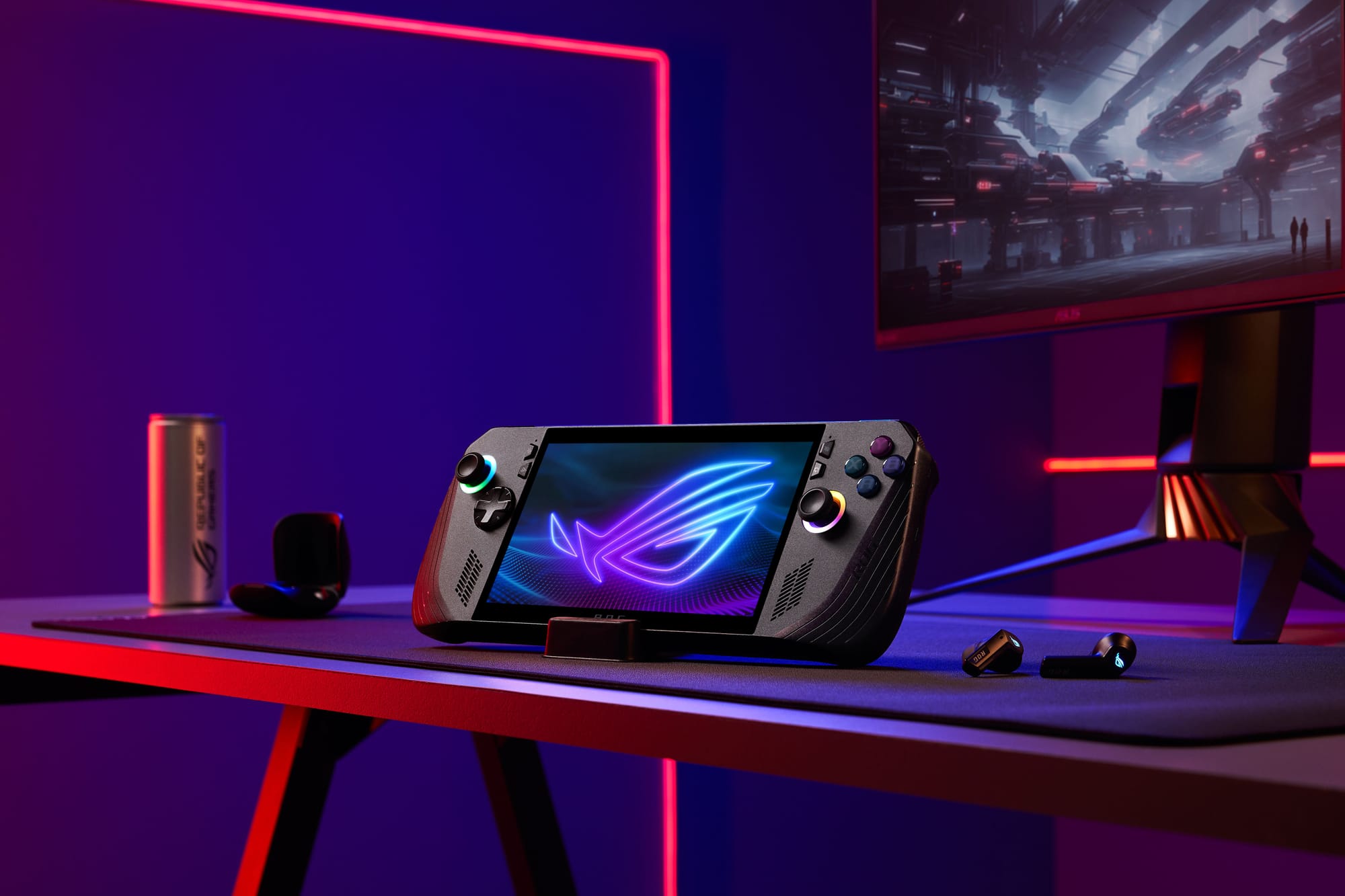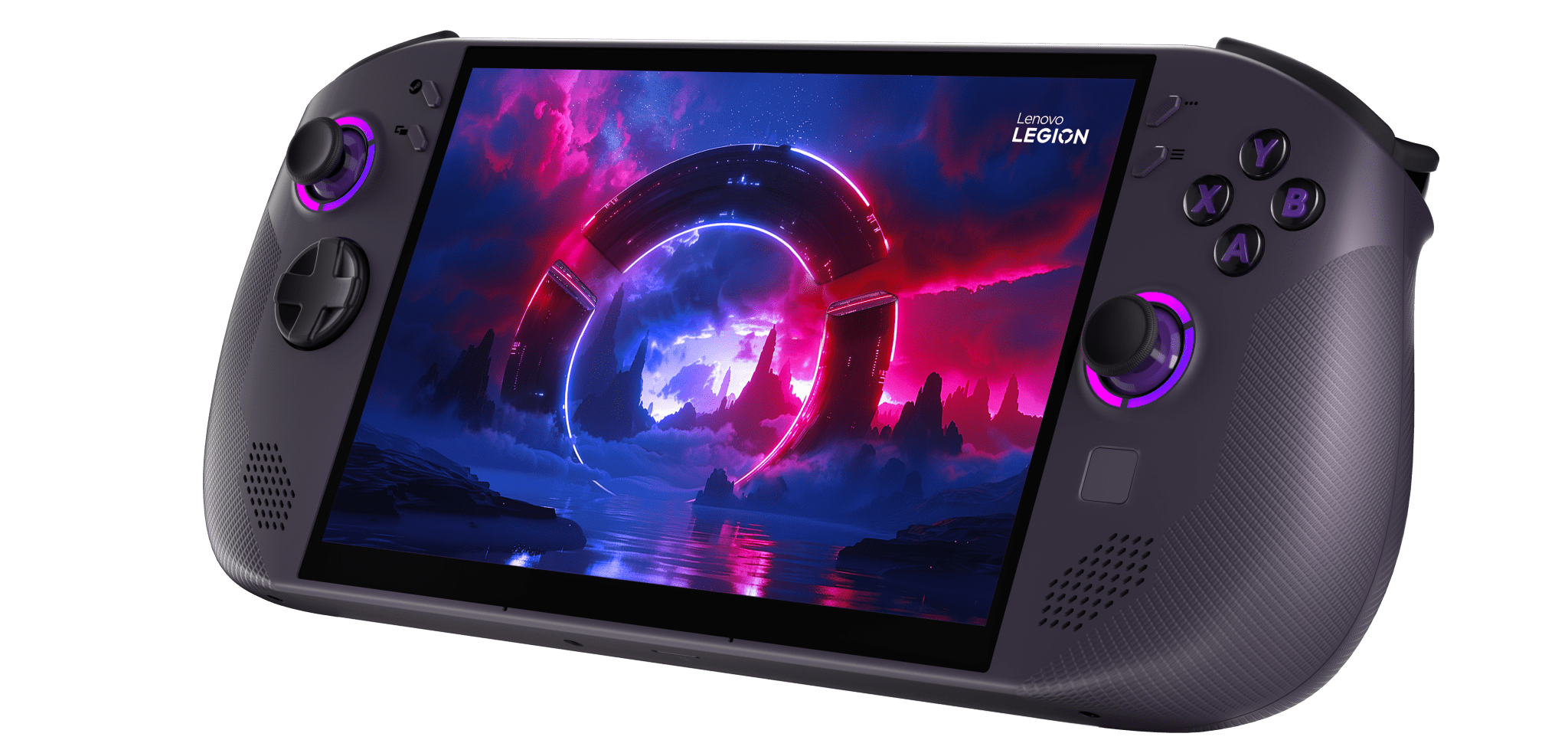Nintendo Switch Lite- Probably the last small handheld console
The Switch Lite hits the sweetspot of size and power and I think it's regretable that most handheld consoles seem to grow in size.

In 2025, after the release of the 7.9 inch Nintendo Switch 2 we no longer have any small form-factor handheld in the mass adoption sector. Following the trends set by modern smartphones of packing ever-bigger screens, handhelds have followed suit and thus sacrificed the one thing that made them special.
It seems to me that there is a decent amount of confusion as to what we want from these "portable" devices, and I feel in our quest for ever-bigger and increasingly powerful devices we are missing the point of such a device. In this article I'll try to explain why I think the format of current direction of handheld design is a wrong one.
Unlimited Power
It is an undisputed fact that tech should get more powerful as time goes on, but I feel the current milestones that these devices are trying to reach is misguided. Running Cyberpunk 2077 (although extremely cool as a tech demo) should never be the goal of such a device; a game like this requires immersion, extremely potent hardware and the right state of mind to enjoy to its fullest. There is a time and a place for all things, and I feel playing Cyberpunk on the toilet or on the bus is cool, but should not be the goal of such a device primarily because the experience is heavily degraded in the process.

In the quest for power that rivals full-sized gaming laptops on a handheld device, you have to inevitably lay a few very important things on the altar of performance:
- Price: More powerful silicon is inherently more expensive. The Switch 2 ($449.99) is 50% more expensive than its predecessor, and the pinnacle of performance offered by top of the line handhelds like the ROG Ally X($899.99), MSI Claw 8 ($899.99) or the Lenovo Legion GO ($699.99) is undoubtedly too spicy of a pricetag for a device that shall be used occasionally or complementing a console or a more expensive desktop PC. Bridging the gap between these is the Steam Deck OLED ($579.99), which is considered "too weak" when compared against its counterparts.
- Noise: More power equals more heat. Raising the power envelope from the usual 10W proposed by the Switch to the 15W of the Steam Deck is reasonable. Raising it further to 35W like the Z1 Extreme APU in the Ally X or Legion GO is extremely challenging from a cooling perspective. The device is small by design, and you also cannot pack it with thick heat pipes because of weight considerations. The only option left is to ramp up the fan, and I think you can draw your own conclusions as to why that's undesirable.
- Battery: More system power draw will also result in lower battery life, naturally. You can counteract this to a certain extent like Asus did with the ROG Ally, by packing an 80Wh battery, but that is expensive and heavy. Portable systems should be able to easily last 8h on a charge, because they are meant to be used for long periods of time while on the go. Playing a highly demanding AAA game for more than 2h at reasonable settings is simply not possible on a mobile platform, even with a gargantuan battery.
Bigger isn't always better

We have this mentality as humans that getting a physically bigger item for the same price results in better value. While I do agree with this for stationary items like homes, I think this train of thought is detrimental for anything you want to take on the move with you. Mobile phones, laptops, portable consoles... everything has a tipping point where bigger makes it cumbersome.
While a phone with a 6+ inch screen was considered huge and downright bizarre in 2014, we now have 6.9 inch behemoths that nobody bats an eye at. Sure, the screen-to-body ratio has changed but overall size has undoubtedly exploded.
This trend of ever-bigger portable devices more often than not hinders portability. Just look at how many people buy a 16inch MacBook Pro and never move it from a desk because it's just too unwieldy and heavy. In our search for better value, we sacrifice the utility that has made that device desirable in the first place...
I feel the same way with portable consoles like the Ally or even the Steam Deck. You can no longer easily pack them up and throw into any backpack because they wont fit. Sure, they may fit if you just chuck them in, but more often than not by the time you throw even a minimally protective case/sleeve on (so you don't mash buttons inside ur backpack) you are now stuck with a 1.5 Litre volume device, weighing close to 1kg in your backpack... try to pack anything else and you may be out of luck (unless you lug around one of those massive tech-backpacks).
This results in a not-so-portable device that ultimately fails at the goal of making games portable.Bigger also means heavier, and I don't know about you, but holding up a 700g device for half an hour is not exactly comfortable for me.
OS considerations
The problem with a suitable operating system has been a widely discussed lately, and gained huge momentum with the launch of the SteamOS version of the Legion GO S. Using Windows (as most of these do btw) on a handheld device is so obviously a horrible choice that I cannot begin to understand how anyone thought it was acceptable. Mediocre performance due to the large overhead of such a multi-purpose OS, horrendous battery life and sleep-state instabilities are all gigantic problems in a portable device, and are only countered by legacy compatibility which I don't feel is even close to evening out the scales.

I think the future is without a doubt Linux-based, and the sooner public perception shifts in favor of this, the better off we'll be.
Conclusions and opinions
This post has been a very long-winded way of saying "I think we're missing the point". I believe a handheld console should be dedicated to experiencing lower-demand and indie games that would otherwise be missed in favor of blockbuster experiences on a bigger screen and more powerful machine.
Playing a game like Horizon Zero Dawn, Cyberpunk or Baldur's Gate 3 on a 7-8 inch device should not be the goal because it cannot be thoroughly enjoyed in such a resource-constrained device, and I think we should stop chasing this dream.
I realise this is a little bit of a Martin Scorsese speech, but the fundamental difference between his discourse and mine is that laptops and phones are fully capable of displaying a movie, but handheld devices cannot play these types of games without heavily compromising artistic integrity.
Devices like the PSP, PSVita and Nintendo Switch Lite strike the perfect balance between size, portability and power, and I hope we see more of their ilk in the future.
